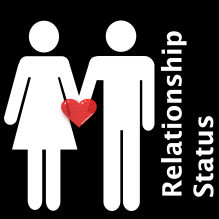Bill Gates is quoted as saying “Your most unhappy customers are your greatest source of learning”. In other words, member complaints are like gold to a credit union. As Credit Unions, we love our members, and they love us– we’re proud of that fact. But the reality is that this love-fest doesn’t help us improve as much as a good swift kick from a disgruntled member who was on the receiving end of some bad service.
Why Jay Baer says: “Hug Your Haters”
Author Jay Baer discusses this topic in his new book: “Hug Your Haters: How to Embrace Complaints and Keep Your Customers”. In this addictive, well-written book on customer service, the author encourages companies to seek out complaints and take pains to respond every single time.
From among the mountains of research that went into creating the book, Baer shares this sobering stat: Despite 80% of companies saying they deliver “superior customer service”, only 8% of their customers agree.
Remember all those members that love you so much? It’s the ones who don’t love us that we need to talk to. After all, how many members just walked away without saying anything?
Get More Complaints?
There’s a saying in the survey business: “The Gold is in the Comments”. Scores are good, but open questions will get you more of what you need to improve. Asking “what else would you like to tell us about your visit” will create the open dialog which leads to real learning. Scores alone can’t do that.
“80% of companies say they deliver “superior customer service”, but only 8% of their customers agree.”
-Jay Baer
Share the Feedback
Share it far and share it wide. It might be ugly, it might be unpleasant. But transparency is the path to organizational change. Now you should be careful to always filter out employee names, foul language, and personal attacks before sharing the comments, but don’t be afraid to let some discomfort creep into the conversation. It’s good for business.
“Squeaky Wheels” Need Love
We should value the “squeaky wheels” in our membership, and we should listen carefully to what they have to say. By taking the time to tell us what’s wrong, they help uncover process or personnel issues that might be costing business, and they show us the ways to get better at what we do. That way, we can get back to the love-fest we all enjoy.





